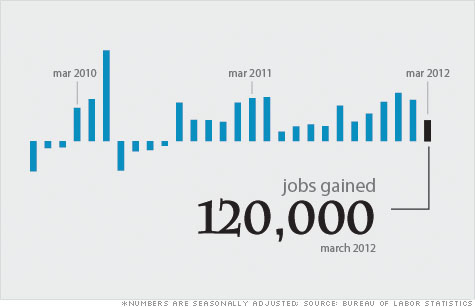Posted by Jay Livingston
“The Haves and the Have Nots” said the marquee on the Beacon Theater. I thought maybe it was a rock group, you know, like The Mamas and the Papas. We met our friends – a couple and their kids age 14, 17, and 23 – at a restaurant just around the corner. I asked the three teenagers if they’d ever heard of such a group. No.
It was early, 5:30, and there were only a few other diners in the place, mostly middle-aged African Americans. Then it dawned on me – pre-theater dinner. “I wonder if it's one of those Tyler Perry plays,” I said.
My wife shot me a look and a very brief sentence, both of which meant, “Shut up. You'll probably say something offensive and loud enough to be heard by these people at the table behind us.”
I knew that she was afraid I'd use the term chitlin circuit. And maybe I would have. I’d used it before. In public. But dammit, Skip Gates used the term in the New Yorker in a wonderful article about this genre of drama. If he can, why can’t I? Or is chitlin circuit* one of those terms like the N-word that can be used only by the in-group? What other words have this OK-for-us-not-for-you quality?
When I got home I Googled “The Haves,” and indeed it is a Tyler Perry play. I reread the Gates article, written in 1997, before Perry became so successful. It holds up.
I’m thinking of buying a ticket and going. John Darbyshire, the National Review writer, would tell me that I’m risking life and limb. Now that’s racist (his rant is here, but don’t say I didn’t trigger-warn you).
----------------
* Wikipedia says that “chitlin circuit” is “now also known as the ‘urban theater circuit.’”
